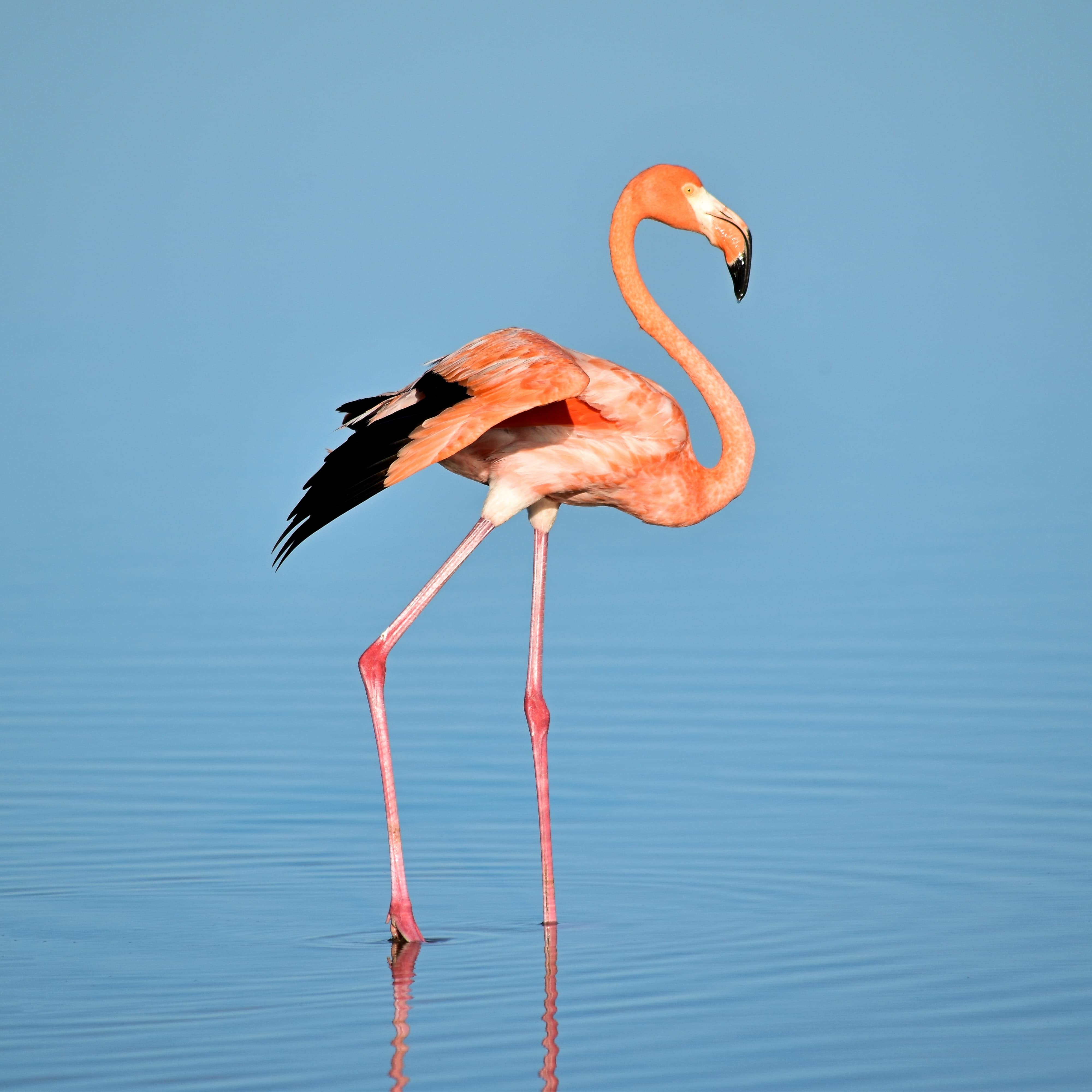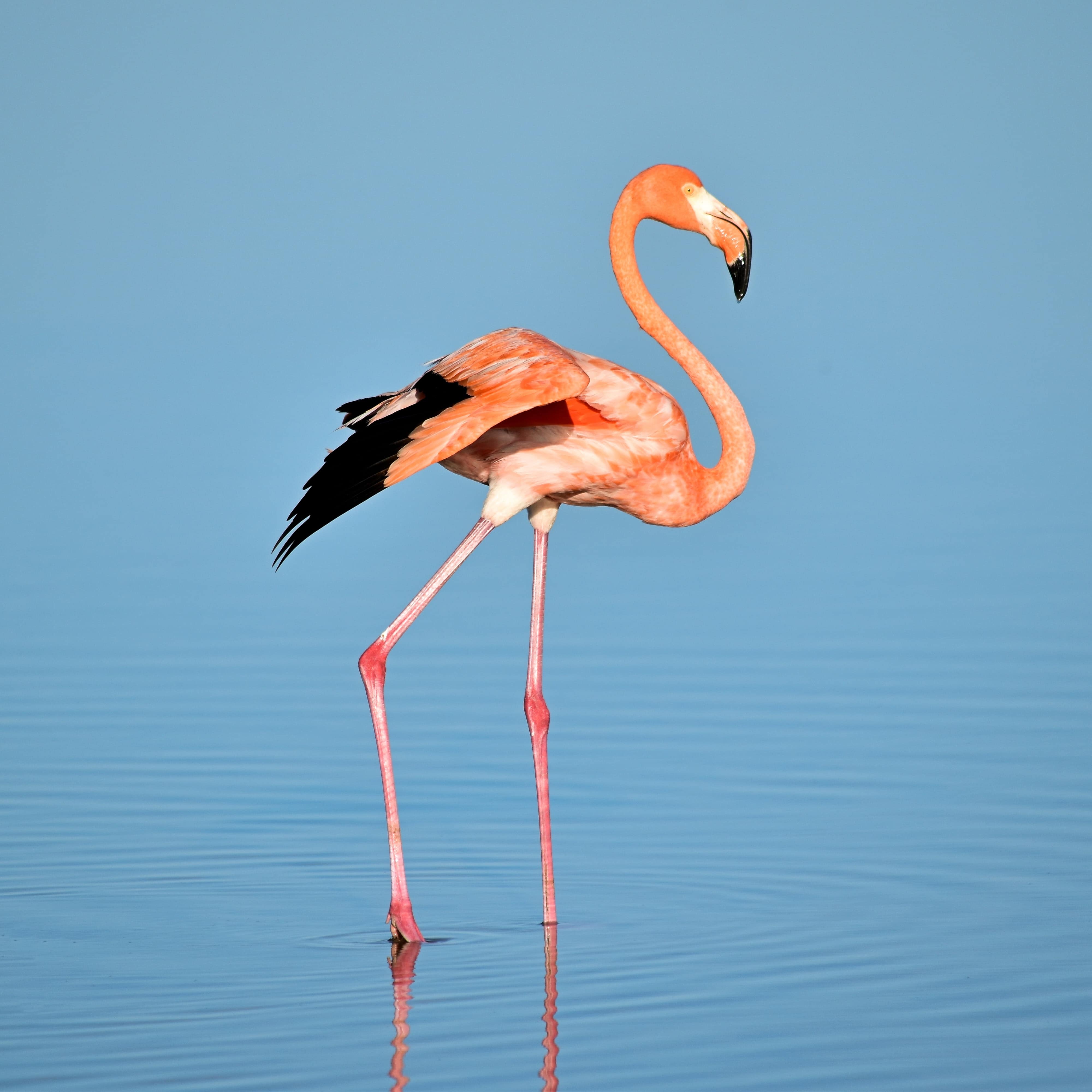Flamingos

Where do they live?
Greater flamingos are found in parts of Africa, Asia, and Europe. They are the largest and tallest flamingo species. Chilean, Andean, and James's flamingos are found only in South America. Andean flamingos are the rarest of the six species, with fewer than 40,000 birds.
Find out more facts here
Flamingo team section

Flamingo 1
Flamingos really are what they eat. Carotenoids are found in the microscopic algae that brine shrimp eat. As a flamingo dines on algae and brine shrimp, its body metabolizes the pigments turning its feathers pink.

Flamingo 2
Flamingos really are what they eat. Carotenoids are found in the microscopic algae that brine shrimp eat. As a flamingo dines on algae and brine shrimp, its body metabolizes the pigments turning its feathers pink.

Flamingo 3
Flamingos really are what they eat. Carotenoids are found in the microscopic algae that brine shrimp eat. As a flamingo dines on algae and brine shrimp, its body metabolizes the pigments turning its feathers pink.

Flamingo 4
Flamingos really are what they eat. Carotenoids are found in the microscopic algae that brine shrimp eat. As a flamingo dines on algae and brine shrimp, its body metabolizes the pigments turning its feathers pink.

Flamingo 5
Flamingos really are what they eat. Carotenoids are found in the microscopic algae that brine shrimp eat. As a flamingo dines on algae and brine shrimp, its body metabolizes the pigments turning its feathers pink.

Flamingo 6
Flamingos really are what they eat. Carotenoids are found in the microscopic algae that brine shrimp eat. As a flamingo dines on algae and brine shrimp, its body metabolizes the pigments turning its feathers pink.